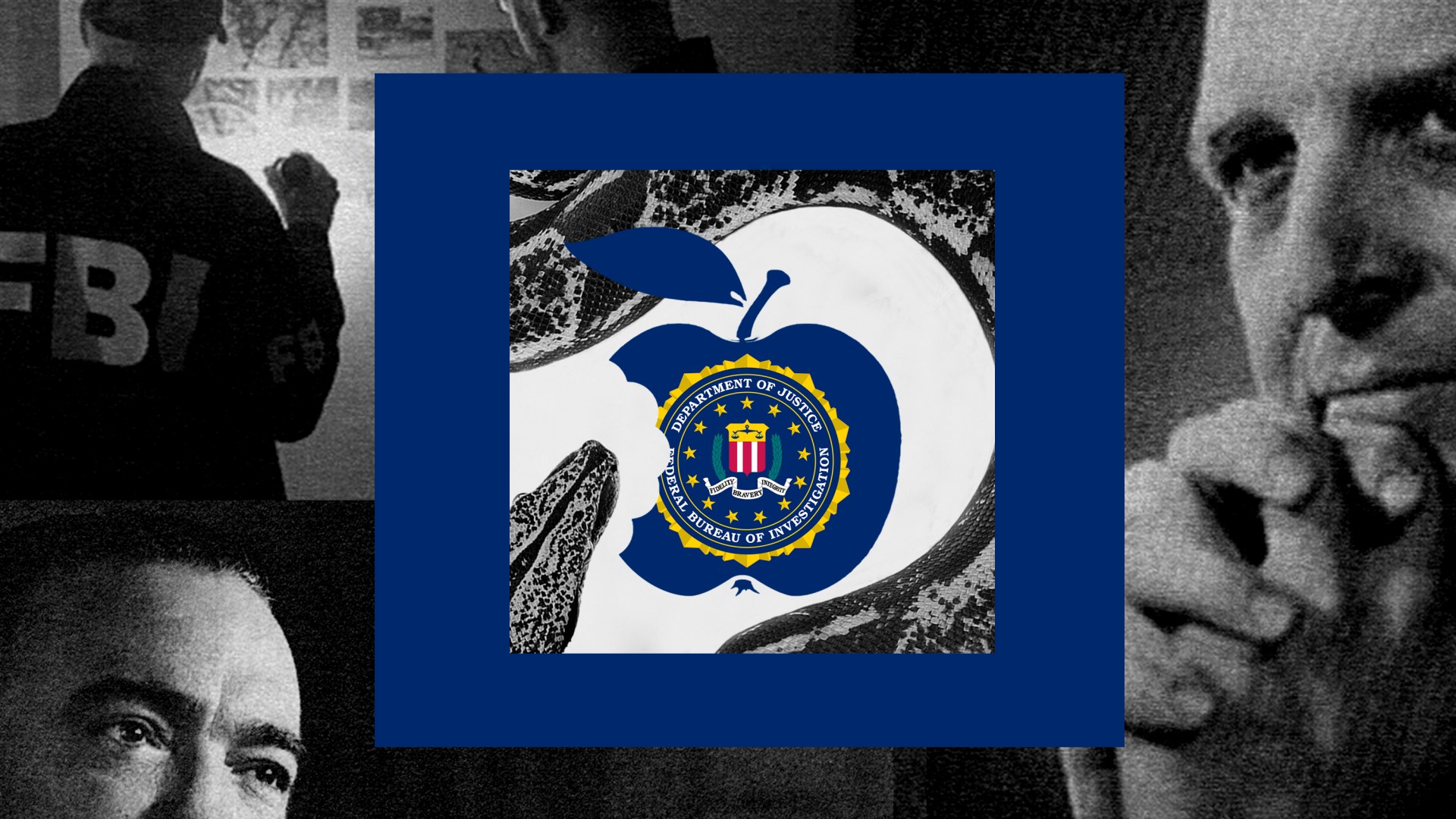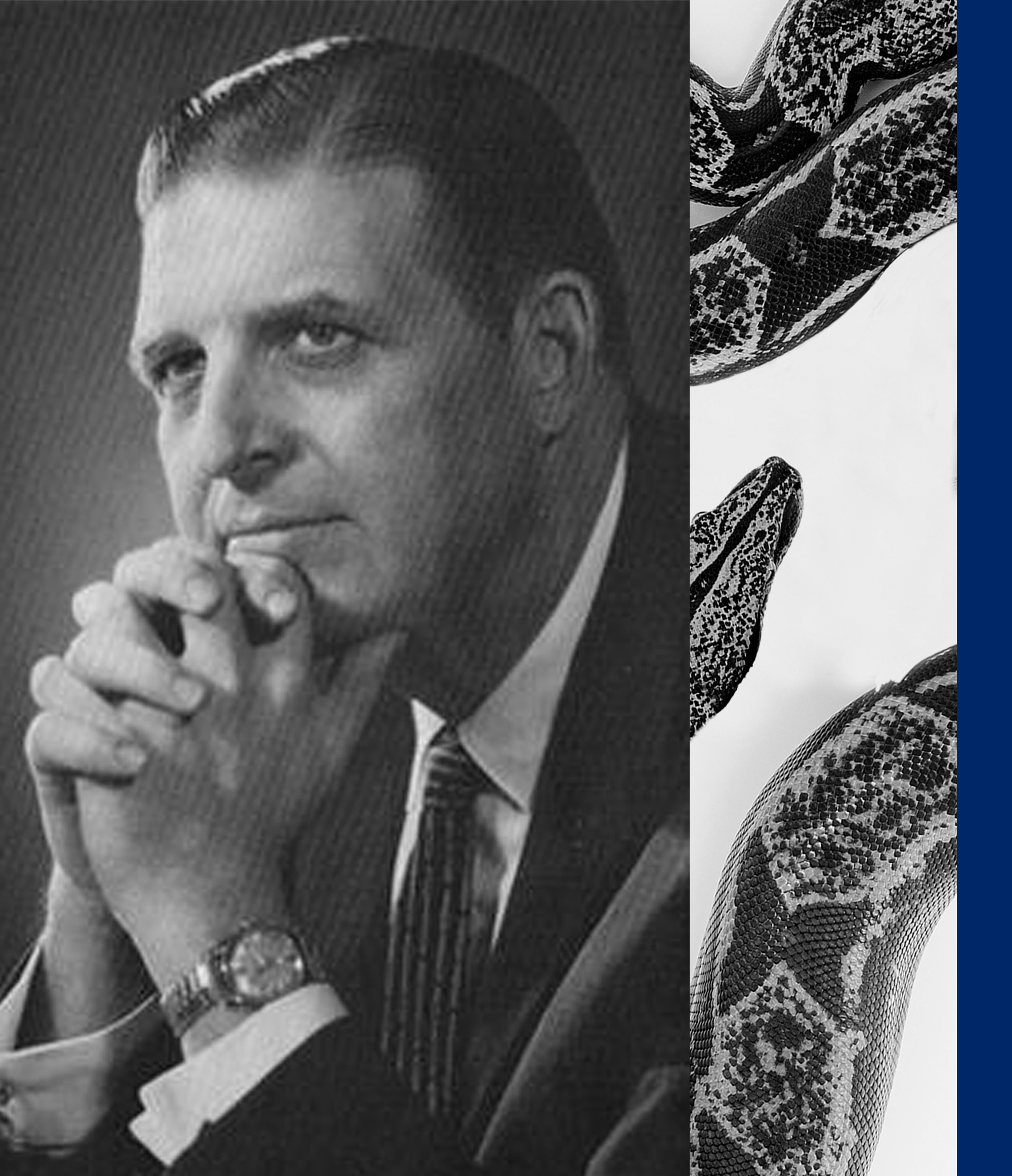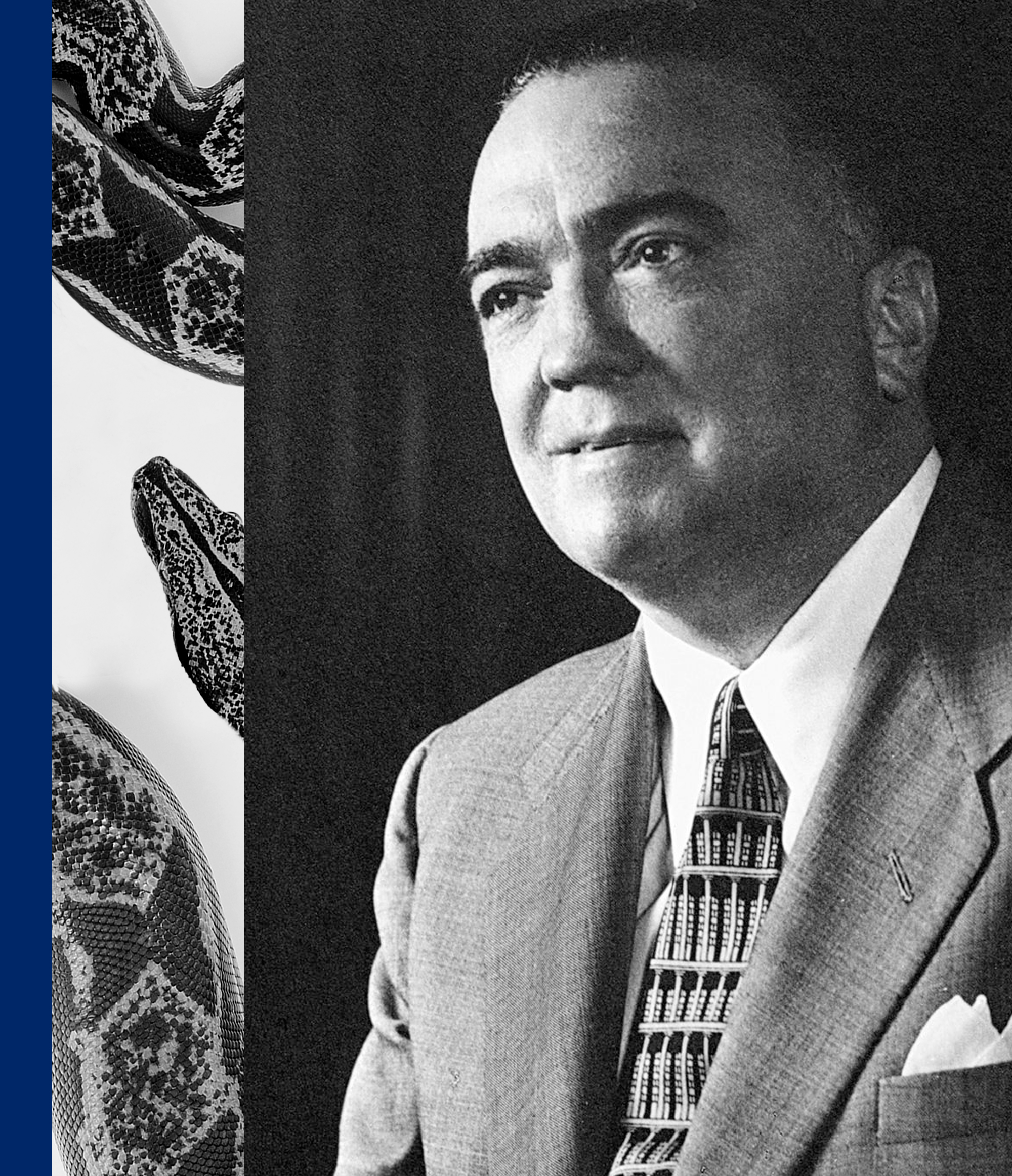Billy Graham tried.
He preached in the White House the first Sunday after Richard Nixon was inaugurated in 1969, and he tried to preach clearly enough that the new president would hear his message. Graham engaged directly with Nixon’s inaugural address and said Nixon was wrong to rely so much on himself, his own ingenuity, his own goodness. Nixon was wrong when he said, “We need only look within ourselves” to solve the country’s most pressing problems. The president and the American people, Graham preached, should humble themselves, turn, and put their trust in God.
Or at least that is what he meant to say. His critique was so subtle that no one in the East Room of the White House noticed. After the service, they all drank orange juice and coffee and commented how nice it was, winning an election, taking control of the White House, and having a worship service under the famous portraits of George and Martha Washington. They completely missed the call to humility, because Graham couldn’t quite bring himself to make it.
What the founder of CT was really saying is only clear if you look at what he quoted from the inaugural address and then look at what Nixon said next and compare that to what Graham said next and see Graham is directly countering the president. No one did that though, so no one noticed. Not even the notoriously sensitive Nixon.
The new president just felt affirmed. Graham’s message was missed. And he kept getting invited to the White House, where he had access to power, as long as he continued to make morally devastating compromises.
The temptation to appease people in power is a strong one. The temptation to compromise for the sake of access isn’t new. For white evangelicals, it didn’t start with Donald Trump.
This was Graham’s temptation. This was CT founding editor Carl Henry’s temptation. And it is also ours.
Recent American evangelical history has been explained, frequently, with what historians call a declension narrative—things were good, and then they declined. Evangelicals used to hold high moral standards, the story goes, and then they enthusiastically embraced a lying, cheating reality TV star for president.
But we didn’t just suddenly jump the tracks. Historian Lerone A. Martin makes this clear in his new book, The Gospel of J. Edgar Hoover.
“From the beginning,” Martin writes, “the founders of modern white evangelicalism preached that American politics needed Christian piety and traditional morality while their political practice was marked by the gospel of amoral pragmatism.”
Martin specifically looks at evangelicals’ relationship with the man who led the FBI for almost half a century. Hoover was incredibly powerful, forcing successive presidents to cede him authority. He fashioned himself into America’s indispensable defender, as if he alone stood between the country and communism, crime, revolution, and all manner of chaos and disorder. He used that reputation to accrue more power and push a moral vision of America that maintained unjust hierarchies and brooked no criticism, especially not criticism from Black people long denied their civil rights.
Evangelicals came alongside Hoover in this project. The founding editors of CT, in particular, embraced Hoover as a moral leader and eagerly associated the magazine that was meant to define evangelicalism with the head of the FBI. They sought out and published multiple articles carrying Hoover’s byline and used them to promote the magazine.
Editors like Carl Henry were under no illusions that Hoover had been born again or had a personal relationship with Jesus. He preached a kind of patriotic deism. But that didn’t seem to matter.
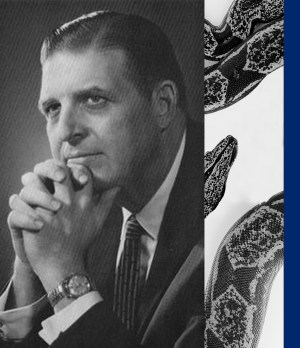 WikiMedia Commons / Edits by CT
WikiMedia Commons / Edits by CTHenry, normally the more discerning member of the first editorial team, even fawned over Hoover in their correspondence.
“It is always a privilege and pleasure to carry your essays in Christianity Today,” he wrote. “You have a part not only in the message of Christianity Today but in its mission.”
Martin interprets this to mean that the magazine’s real aim was political: establishing white Christian nationalism. He even suggests evangelicalism is at bottom, at its core, in its essence white Christian nationalism.
I’m not convinced that part is right. For one thing, I don’t think it makes sense to talk about the essence of evangelicalism. It is not unchanging or unchangeable. Evangelicalism exists in the contingency of history. Reckoning with the past, as Martin challenges evangelicals to do, has the potential to bring reform.
I’m also not convinced that the CT editors were embracing Hoover’s full vision of what America should be. A close look at the record shows something sadder and smaller than that. They weren’t responding to Hoover’s grand political agenda, but just a little bit of flattery.
Graham, Henry, and others in those Cold War days certainly wanted evangelicalism to serve as a spiritual resource in the conflict with global communism. They called America “back to God.” In the process, they sometimes confused the nation and the church. But the aspect of Hoover’s vision for America emphasized the most in CT’s archives is the importance of ministers. That’s what they were so enthusiastic about.
“The clergymen of America have a vital role,” Hoover’s first article said. “The Church is the heartbeat of America.”
A year later, almost plagiarizing himself, he said, “The ministers of America hold a vital place,” because “each Sunday morning literally millions of Americans listen to church sermons. Sermons represent one of the most potent forces for good in the nation today.”
These banalities are what pulled them in. This promise of importance—a powerful man saying they mattered to the fate of the nation, the fate of the free world—was seductive.
That flattery worked on a lot of people. Martin’s research is meticulous, if marred somewhat by claims and conclusions that go beyond the evidence. His book shows Hoover wasn’t working uniquely with evangelicals. Hoover collaborated very closely with Catholics—so closely that many people thought the FBI director himself was Catholic. He also worked with fundamentalists and creedal conservatives who didn’t like Billy Graham. He lured at least one Black minister to his cause. He had no trouble winning over liberal mainline Protestants, including the nation’s most elite Episcopalians and a United Church of Christ minister who offered to spy on the American Civil Liberties Union to prove his allegiance to Hoover.
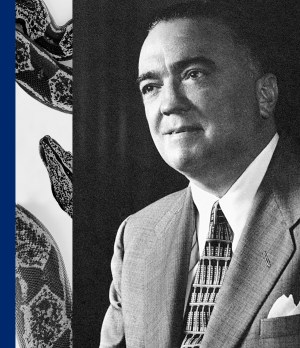 WikiMedia Commons / Edits by CT
WikiMedia Commons / Edits by CTAnybody who wanted a little more respectability in Cold War America wanted an approving word from J. Edgar Hoover. The FBI director made use of that.
“The Bureau had virtually every white Protestant congregation in the metro DC area bidding for the privilege of hosting and worshipping with the FBI,” Martin writes.
I suppose it’s possible to see all of them as white Christian nationalists, depending on how you define the term, but what Martin documents is probably better described as what sociologist Robert Bellah called “civil religion.” The religious groups lent symbols and ceremonies, pulpits and magazine pages to proclaim America and the FBI’s defense of America as sacred causes. Hoover, reciprocally, granted access to power (though it was mostly symbolic) and respect.
This isn’t to exculpate the religious leaders who lent their faith to causes of inequality and visions of exclusion. But it is accurate to note that many were succumbing to a much more basic temptation. They wanted respect. They wanted access. They wanted someone, sometime, to throw them a parade.
This means, though, that evangelicals who abhor white Christian nationalism today and are appalled at the idea of spreading the gospel through state power are, nonetheless, susceptible. We, like Carl Henry, can be tempted. We evangelicals who want to be relevant and winsome will find the incentive to compromise is always right there.
Correct views are no protection against this temptation. Which is why it is also not, as some would have it, a uniquely evangelical problem. Go back to the church service in Nixon’s White House: Maybe Graham struggled to clearly critique the new president because he was evangelical. But the same thing happened over and over to ministers across traditions who were invited to Pennsylvania Avenue. Mainline clergy would start out bold, imagining what they would preach to the president in his own home, and then they would think better of it. One threw away a draft defending radicalism and instead talked about the nobility of the human spirit. Another wrote a sermon directly addressing Nixon, but then edited out every instance of the phrase “Mr. President,” lest his words seem too pointed.
A rabbi went even further, ending his sermon by saying, “The finger of God pointed to Richard Milhous Nixon, giving him the vision and wisdom to save the world and civilization.”
From what I can tell, it’s not a specific theological inclination that makes someone susceptible to political idolatry. Seeing power as anointing and mistaking a president for a messiah is a danger for us all. Like most sins, it’s easier to spot when someone else does it. But the desire for a political champion and the willingness to accept amoral pragmatism for a little access to power infects us all.
That means, though, that Martin is right that we can’t neatly separate “good evangelicals” from “bad evangelicals.” We are wrong to imagine that being more like Carl Henry or Billy Graham will simply inoculate us. We are wrong to imagine that there was some “before” time, when we did not have this problem. This is not just an issue for evangelicals who supported Donald Trump. Nor will it go away when the former president’s influence in American politics ultimately fades. The temptation we will always have with us.
CT’s embarrassing history of publishing the FBI director’s pablum should stand for evangelicals as a reminder of the dangers of appeasing powerful people. It might also redirect us to the wisdom of the sermon that Billy Graham tried and failed to preach to Richard Nixon: We too are wrong to rely so much on ourselves, our own ingenuity, and our own goodness. We too should be humble. We too need to be aware of our inclination to pursue power instead of trusting God.
Christ taught us to pray for a kingdom to come. He also showed us how it does: not through nationalism, or cooperation with the FBI, or publishing articles that will be loved by people in places of privilege, but by taking up a cross and proclaiming the Good News.
Daniel Silliman is news editor for Christianity Today and a historian with a doctorate from Heidelberg University. He is currently working on a religious biography of Richard Nixon, forthcoming from Eerdmans.

